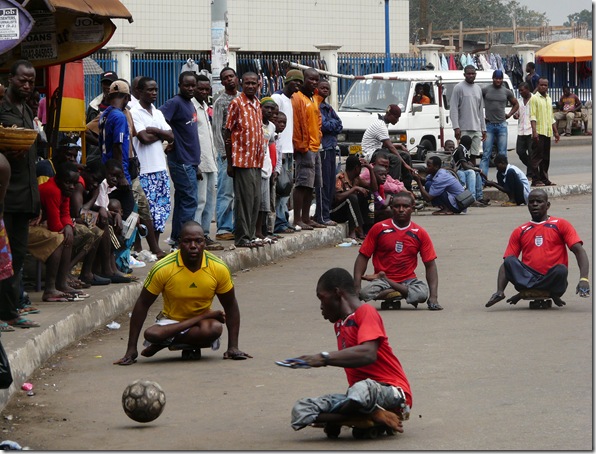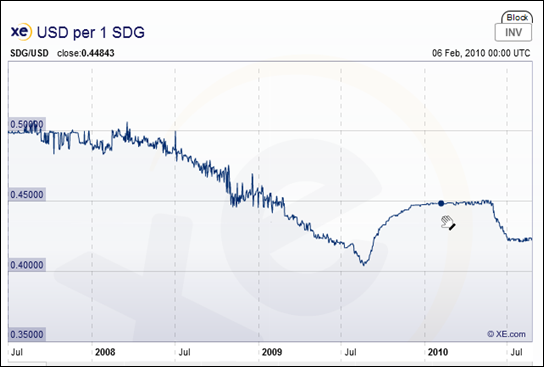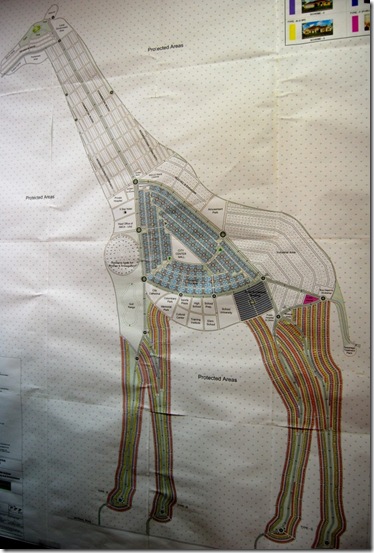Nick Kristof is the most prominent example of the typical media narrative: whites in shining armor, helpless poor people in need of our charity, simple programs with immediate, long term impact. Basically, international development is easy if you just care enough and are ready to spend some money. Good solutions are right around the corner!The hidden truth known only to Alanna and "pretty much everyone else who works in international development" is that innovation and crowdsourcing are overhyped, and the future is partnership.
What she seems to be talking about though is aid. Which is not the same thing as international development. The real global development narrative neglected by the media is precisely this: aid is not the most important component of development.
There are good reasons to think that international labour mobility is "the biggest idea in development that no one really tried", and "the most effective development intervention we have evidence for".
Is this just some kind of availability heuristic? We think aid is important because it is the easiest way we can think of to help?
UPDATE: Apologies to Alanna for initially misspelling her surname in the title of this post, and also thanks for acknowledging my comment. I do think the confusion of the terms is a really serious error though. If smart and engaged people can't tell the difference then how can we expect anyone else to?























